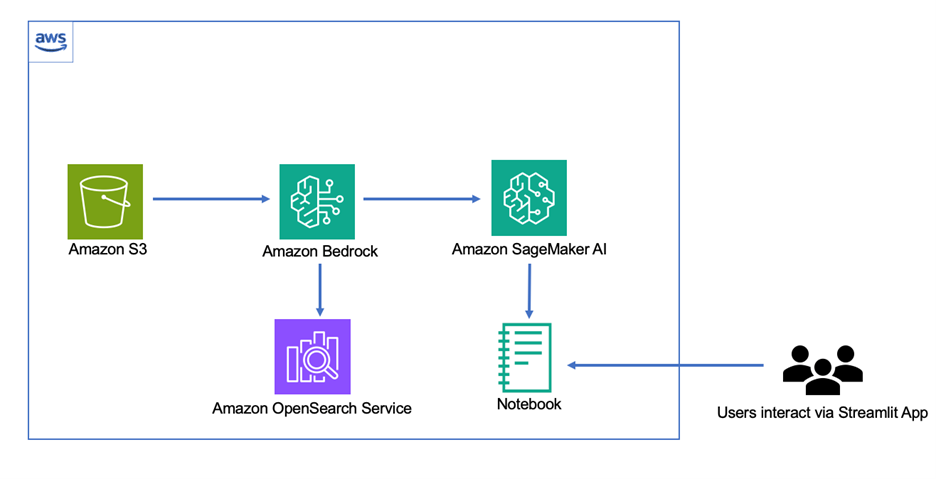Generative artificial intelligence is becoming a key tool in content production, offering multiple benefits that optimize the efficiency and effectiveness of creative processes. This technology spans from generating marketing materials to content moderation, allowing creators to adapt to the demands of the modern market. Furthermore, the incorporation of approaches like constitutional AI and LangGraph’s reflection mechanisms seeks to ensure ethical behavior in AI systems.
Anthropic, a leading company in the sector, integrates ethical principles during the training of its models, while LangGraph provides mechanisms for self-reflection and real-time self-correction. This combination allows content creators to not only streamline their workflow, but also maintain high standards of compliance and ethics, reducing the need for human supervision and improving transparency in content generation processes.
In this context, practical strategies are explored to use constitutional AI in content production that complies with regulations in highly regulated sectors such as finance and health. While AI presents significant advantages, compliance with strict regulations is crucial. Manual validation of AI-generated content is often a tedious and complicated process.
Constitutional AI focuses on aligning language models with values and ethical considerations, incorporating predefined rules and principles into its architecture. Among the benefits it brings to content creation are ethical alignment, legal compliance, transparency, and reduction of human supervision, all essential elements to maintain consumer trust.
An exemplary application of these principles is Insagic, a company within the Publicis group that has implemented constitutional AI in its marketing workflow for the healthcare sector, using Amazon Bedrock. Insagic combines data, design, and dialogue to offer valuable insights to marketers in this field, ensuring that the generated content meets relevant regulatory guidelines.
The company uses an Augmented Generation by Retrieval (RAG) approach that allows for the retrieval of relevant context and the synthesis of responses, promoting the rapid creation of content under principles of diversity, equity, and inclusion. This approach highlights the importance of integrating ethical principles into content generation through AI, fostering an environment where responsibility and ethics are priorities. Thus, it contributes to generating trust in the use of advanced technologies in sensitive sectors such as health.
Source: MiMub in Spanish










